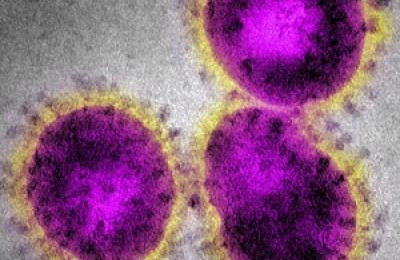Accounting for physicians’ gender expectations improves men’s health medicine
The field of men’s health seeks to improve men’s health outcomes by accounting for the specific ways that gender influences male health behaviors. To meet this goal, physicians must also account for the ways that their own cultural assumptions about masculinity influence their clinical practice.















